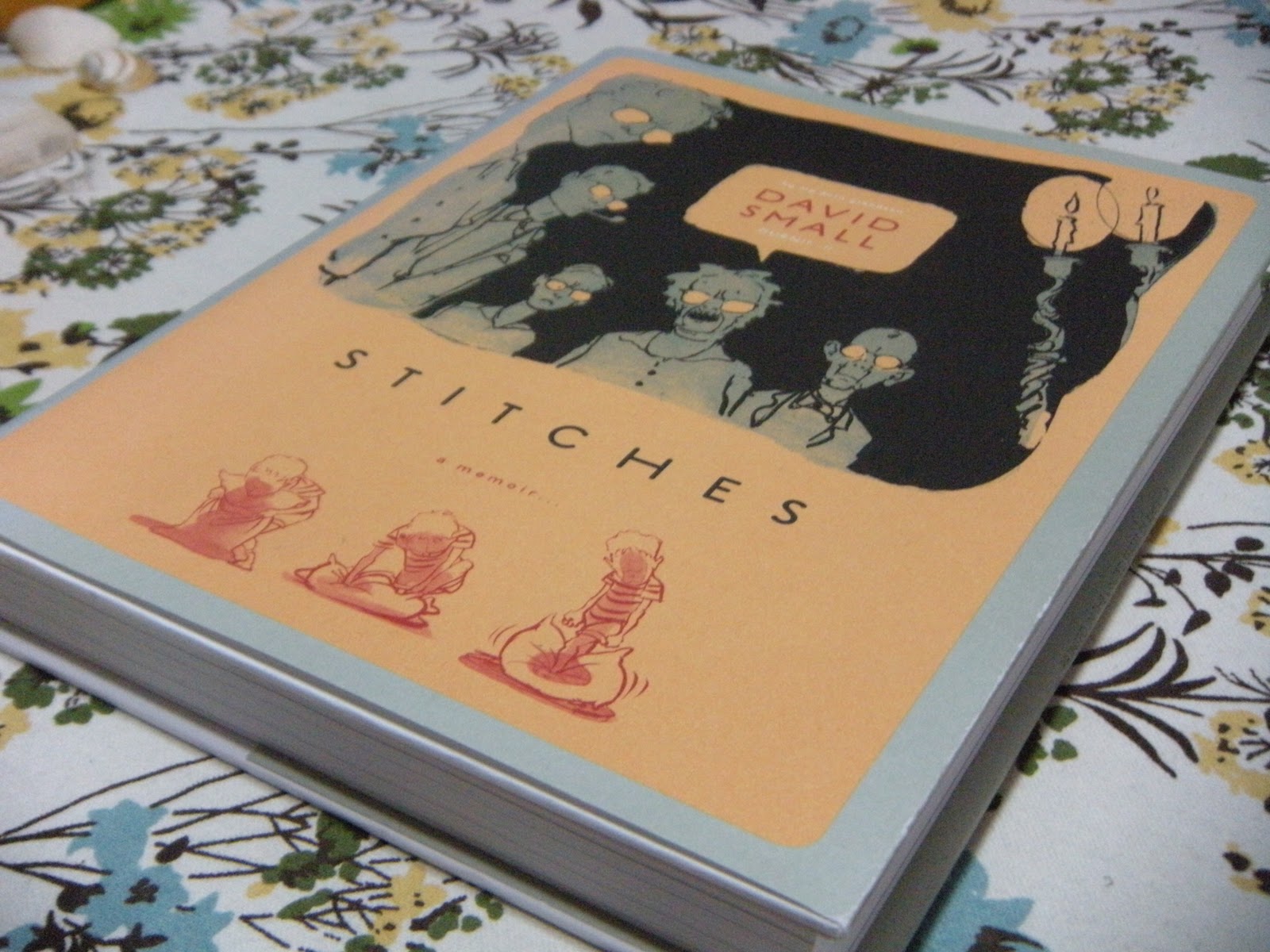Merry Wanderer of the Night:
memoir
Book Review: Memory of Trees
Book Review: Stitches
Book Review: Devotion
The Bedwetter

Make Yourself Happy

Born Standing Up

The Imposter's Daughter

Fun Home: A Family Tragicomic

The Life and Times of the Thunderbolt Kid

Admit One: My Life in Film

Just Kids

Dead End Gene Pool



